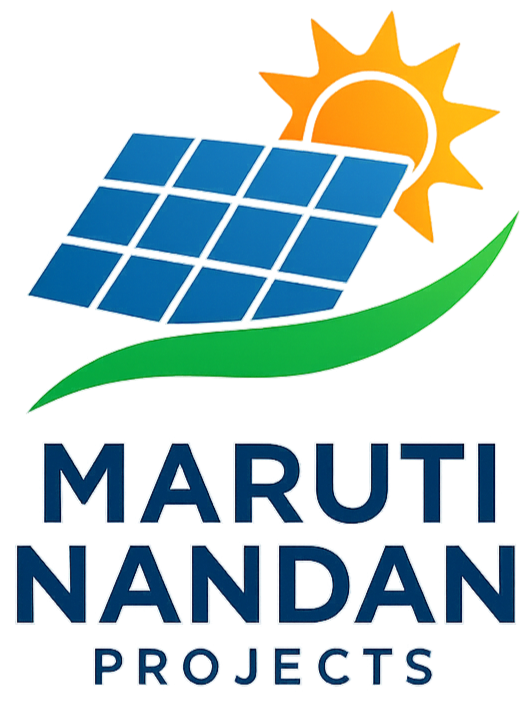FAQ
Frequently Asked Questions
1.How do solar panels work?
Solar panels are made of photovoltaic (PV) cells that absorb sunlight and convert it into direct current (DC) electricity. This electricity then flows to an inverter, which converts it into alternating current (AC) electricity that can be used to power your home.
2. Is my home suitable for solar panels?
Most homes are suitable for solar! We conduct a free, no-obligation site assessment to determine if your roof has sufficient sunlight exposure, is structurally sound, and is an ideal candidate for a solar system. We also evaluate shading from trees or surrounding buildings to ensure maximum efficiency.
3. What is the installation process like?
Our process is designed to be simple and hassle-free for you. It typically involves five main steps:
- Site Assessment: We evaluate your property and energy needs.
- System Design: We create a custom solar solution tailored to your home.
- Permitting & Approvals: We handle all the necessary paperwork and government approvals.
- Installation: Our certified team installs the panels and wiring, which typically takes just 1-2 days.
- Activation: We connect your system to the grid and show you how to monitor your new energy production.
4. How much do solar panels cost?
The cost of a solar system varies depending on the size of your home, your energy usage, and the components you choose. A custom quote is the only way to get an accurate price. Our initial consultation and site assessment are completely free, and we'll provide a detailed, transparent quote with no hidden fees.
5. What is the payback period for a solar system?
The average payback period for a solar system in India is typically 4 to 6 years. After that, the electricity you generate is essentially free. We can provide a detailed financial analysis during our consultation to show you your projected savings and return on investment.
6. Do solar panels work during cloudy days or at night?
Solar panels work by converting sunlight, not just heat. They will still produce electricity on cloudy days, though at a reduced output (typically 10-25% of peak production). At night, solar panels do not produce electricity. For nighttime use, your home will either draw power from the grid or from a battery backup system (if you have one installed).
7. How much maintenance do solar panels require?
Solar panels are incredibly durable and require very little maintenance. They are designed to withstand all weather conditions, including heavy rain and wind. Rain is often enough to keep the panels clean. We recommend a professional cleaning and inspection once a year to ensure your system is operating at peak efficiency.
8. Will solar panels increase my property's value?
Yes. Homes with solar panel systems are proven to sell faster and for a higher price than homes without them. A well-designed solar system is considered a significant upgrade that reduces future utility costs for the new owner.
9. What if I want to expand my solar system in the future?
You can absolutely expand your system. If your energy needs increase (e.g., you add an electric vehicle or a new appliance), we can assess your existing setup and design a plan to add more panels to meet your new demands.
10. What kind of warranty do you offer?
We offer comprehensive warranties on all our components and installation work. We will provide you with all warranty details during the consultatiion.
